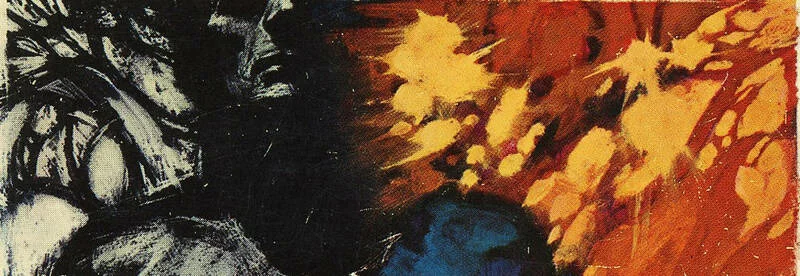“Yet you have made him a little lower than the heavenly beings and crowned him with glory and honor” (Psalm 8:5, ESV)
In my last offering, I expressed the thought that it is wise to consider loving a person based upon what it was about them that belonged to God. Appreciation of people could be enhanced when considering them from this perspective. I now want to pursue some further implications of this view, specifically on the matter of who, or what defines a human being. Ignore, or marginalize the divine perspective on this matter and all kinds of dehumanizing practices emerge both between individuals and in human communities. But this ignoring and marginalizing, initially, can appear so rational.
I was a biology major in undergraduate and in a class, I was required to read The Naked Ape by zoologist, Desmond Morris. I can remember thinking how well his argument was developed! It made so much sense to me at the time that a human being was simply the most sophisticated form of the apes. For a time, then, I thought that it really did not matter in any ultimate sense, what I thought and what I did. Human beings were objects to be utilized to achieve ends. To be concerned about human affairs such as relationships and living conditions, was truly an exercise in futility because it was perfectly rational to conceive of people merely as naked apes.
By the grace of God, however, I became a Christian and as the Psalmist gives indication of transformed sight: “until I went into the sanctuary of God (Psalm 73:17), I began to understand many things differently, including the impact of who, or what defines a human being. Numerous voices in the present are advocating a marginalization of the Christian faith in our sociocultural and political environment. This carries much significance in every area of life, but what this marginalization can also facilitate is definition vacuums. Just as it is said that nature cannot tolerated vacuums, neither can the establishment of values and ethics. If the Christian voice is suppressed in the formulation of values, rights, or the nature of justice and its proper manifestations, such standards will be established based upon something by someone. This is particularly relevant to the matter of the definition of a human being. He, or she, who is victorious in the battle for definition, will inevitably win the argument or establish the ground for sociopolitical practices.
I will delineate further implications of the definition of the human as they relate to the processes of law, policy, and the overall conditions required for human flourishing.








Comments
Be the first one to make a comment!